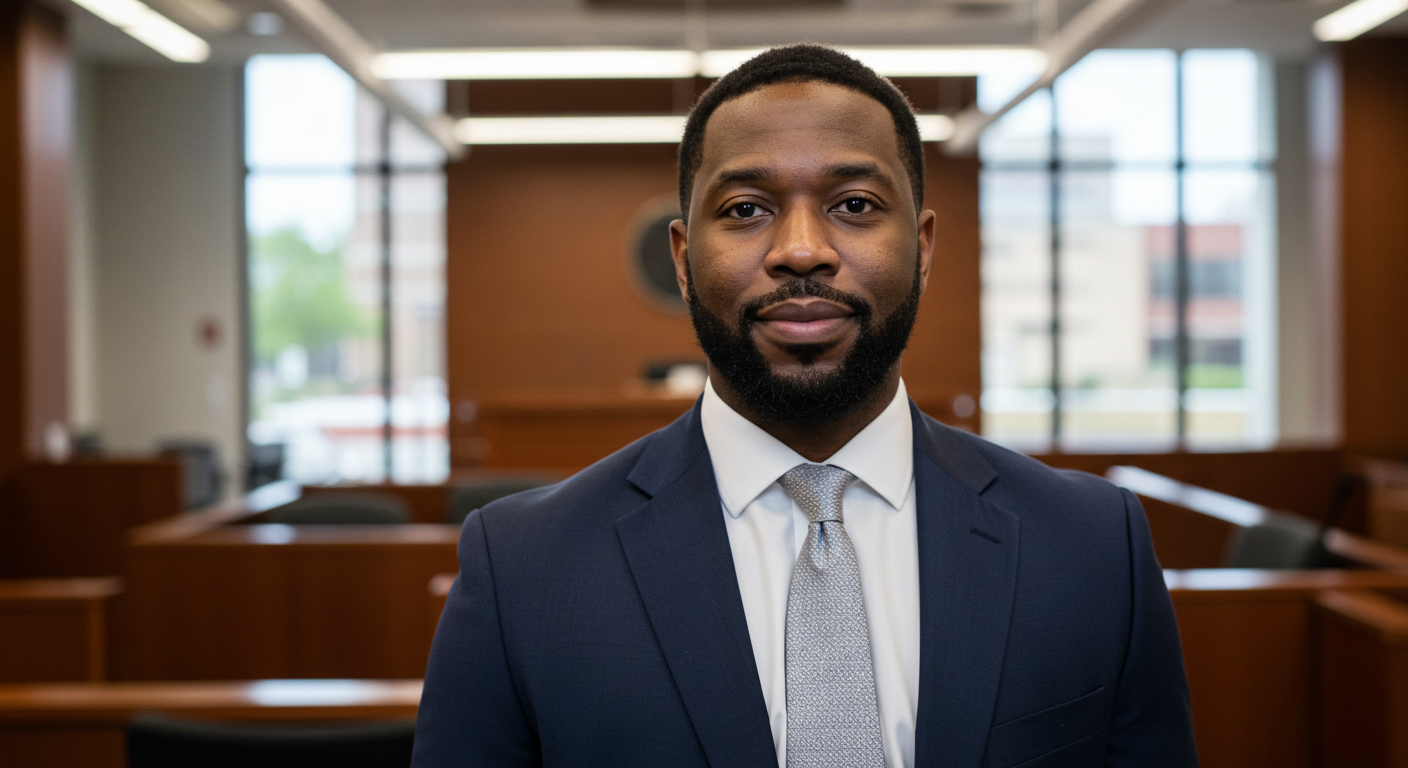How Gun Rights Lawyers Defend Against Weapons Charges
The right to bear arms is deeply rooted in American history, but it is also tightly regulated under both state and federal laws. When a person faces a weapons-related charge, the consequences can be severe—ranging from fines and probation to lengthy prison sentences and the permanent loss of gun ownership rights. In these situations, many turn to a gun rights lawyer to protect their freedom, defend their rights, and navigate a complex legal landscape.
Understanding Weapons Charges
Weapons-related charges can vary widely depending on the jurisdiction and the circumstances of the case. Common charges include:
- Illegal possession of a firearm (such as carrying without a permit or as a prohibited person)
- Possession of a firearm by a felon
- Carrying a concealed weapon without authorization
- Possession of an unregistered or prohibited firearm
- Use of a firearm during the commission of another crime
- Straw purchases or unlawful firearm sales
Because the laws differ greatly between states—and even more so between state and federal courts—understanding the exact nature of the charge is critical to building a defense.
How Gun Rights Lawyers Defend Clients
A gun rights lawyer brings specialized knowledge to these cases, often focusing on the constitutional, statutory, and procedural issues that can make or break a defense. Some of the most common defense strategies include:
1. Challenging the Stop, Search, or Seizure
One of the strongest defenses in a weapons case involves questioning whether law enforcement legally obtained the firearm. If police conducted an unlawful stop or search, evidence may be suppressed under the Fourth Amendment, which can significantly weaken the prosecution’s case.
2. Questioning Ownership or Possession
In some situations, the prosecution must prove that the accused knowingly possessed the weapon. A gun rights lawyer may argue that the firearm belonged to someone else or that the accused had no knowledge of its presence.
3. Examining Permit or Licensing Issues
Many weapons charges stem from permit or licensing disputes. A defense attorney may argue that the accused had a valid permit, that the permit was improperly revoked, or that law enforcement misapplied the law.
4. Asserting Constitutional Rights
The Second Amendment is a cornerstone of many defenses in gun-related cases. While courts continue to interpret the scope of the right to bear arms, a gun rights lawyer can argue that certain restrictions are unconstitutional as applied to the defendant’s situation.
5. Negotiating Alternatives to Conviction
In cases where the evidence is strong, a gun rights lawyer may still help reduce the impact of charges by negotiating plea agreements, diversion programs, or reduced sentencing—options that may allow the accused to avoid jail time or eventually restore their rights.
The Stakes of a Weapons Charge
The outcome of a weapons case goes far beyond fines or jail time. A conviction can affect employment opportunities, restrict travel, and permanently strip away the ability to legally own firearms. For individuals who value their Second Amendment rights, these consequences can be life-changing.
Why Specialized Representation Matters
Weapons laws are among the most complex areas of criminal law. They require a strong understanding of both criminal defense strategies and constitutional protections. A gun rights lawyer not only helps clients fight the immediate charges but also works to preserve their rights in the long term.
